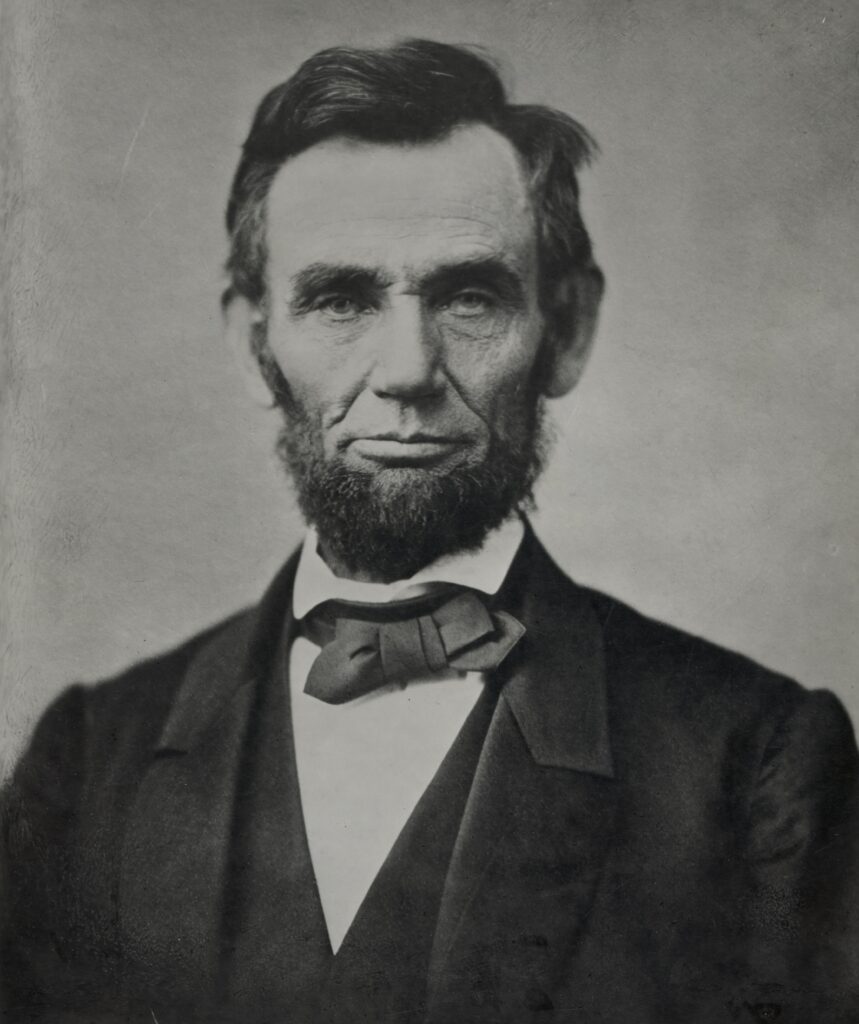This month, I want to talk about the importance of a leader’s ability to pay it forward. Now, I realize that paying it forward can happen in a variety of ways, but for the purposes of our discussion, I want to explore four specific things that leaders can pass on: dignity, love, opportunity, and purpose. When a leader pays these things forward, new life develops in others. And while this may not be the leader’s intent, it goes a long way toward their transformation into someone that others find worth following.
What I’ve Learned About Leadership From Abraham Lincoln
One ritual I have developed over the years is reading about Abraham Lincoln. Other than the Bible, reading about Lincoln has been some of the most significant reading I have done in my leadership development journey because he is someone I want to emulate. This year, I chose to reread Doris Kearns Goodwin’s classic, Team of Rivals. The stories about Lincoln in today’s post come from this book.
While there are so many attributes of Abraham Lincoln that I appreciate — his ability to use humor, the way he prioritized meeting with people in person, and his willingness to change his mind based on the input of trusted advisers, to name just a few — I want to focus today on his ability to bring dignity to others.
Obviously, Lincoln found himself in arguably one of the most difficult leadership positions in modern history shortly after he was elected President. With states seceding from the Union and, shortly after, the onset of a Civil War, Lincoln’s task was monumental.
As time went by and his thinking about race relations evolved, Lincoln opened up to the idea of meeting with former slave-turned-abolitionist Frederick Douglass. As Goodwin recounts, Douglass was actually a critic of Lincoln, believing Lincoln had not gone far enough in pursuing an end to slavery. So when Douglass showed up at the White House in August of 1863 without an appointment, he expected to wait for hours before seeing the President. However, two minutes later he was ushered in to see him.
The Power of Feeling Heard
To gain the intended insight here we have to mentally travel back to 1863. No sitting President had ever met with a black abolitionist leader inside the White House, let alone listened to him. But not only did Lincoln do these things, he did more. As Douglass later recalled, “I felt as though I could put my hand on his shoulder.”
Lincoln listened to Douglass’ concerns about how black soldiers were being treated as prisoners and their need for equal pay. And while Lincoln did not commit to changing federal policy on the pay issue, his voice “quivered” when describing the lengths he would go to protect all prisoners of war, regardless of color.
At a later speaking event, Douglass said that while he was not entirely satisfied with how the conversation went, he felt heard. He went on to tell the crowd, “I tell you, I felt big there!”
Think about that for a moment. Wouldn’t our leadership be better if others could say they felt “big” after talking with us?
Dignifying Others is Leadership
In typical Lincoln fashion, this was not the last time he and Douglass met. In fact, they met several times the remaining two-plus years of Lincoln’s life. Lincoln even personally invited Douglass to his second inauguration.
Afterward, Douglass was barred from entering the White House for the post-inaugural reception. When word reached Lincoln that this was happening, he stopped what he was doing and made sure Douglass gained entrance. Then he immediately talked with Douglass, setting to the side two Senators he was previously conversing with.
Feeling a little embarrassed, Douglass reminded Lincoln of all the people he needed to see — according to Goodwin, Lincoln shook approximately 5,000 hands at that reception. But Lincoln persisted. “No, no,” Lincoln said, “you must stop a little, Douglass; there is no man in the country whose opinion I value more than yours. I want to know what you think of it?” referring to the inaugural address he’d delivered earlier that day.
Douglass replied, “Mr. Lincoln, that was a sacred effort.”
Knowing Douglass was one of the few that would courageously tell the President the truth, Lincoln was now the man feeling “big.”
Dignifying others is leadership. It is one of the best things we can pay forward. So, let’s follow Lincoln’s, and Douglass’, example.
Let’s make others feel big this week.

